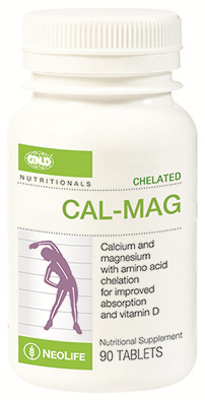Food supplements are “foodstuffs” in the form of capsules, tablets, ampoules, capsules, etc. They contain vitamins, nutrients, plants. They are intended for people who may have transient nutritional deficiencies (special diet, pregnancy, winter fatigue). They have few contraindications, except allergies to certain plants and possible interactions between the plants present in the supplements and the background treatments with the GNLD Neolife Vitamins .
They are usually marketed for specific indications, often cosmetic: skin, tanning, sleep, heavy legs, thinness, energy, hair. The market is fruitful and represents in our country a turnover of 991 million dollars for the year 2011. However, they should be taken only in case of defined deficiency, but often they are taken by self-medication. Magnesium is the main supplement consumed, in front of vitamin C.
How to use them?
Food supplements, despite their presentation, often in the form of capsules, syrups or tablets, are not drugs. Before taking a food supplement, it is recommended to consult your doctor to avoid missing other pathologies not related to food deficiencies, e.g., chronic fatigue, which can be caused by well-defined diseases. More than a quarter of women and 15% of men regularly take dietary supplements without medical advice and with poor indication.

What benefits?
Food supplements contain vitamins, minerals, herbs, additives, flavors, etc. In the case of a healthy and balanced diet, dietary supplements have no interest since the nutrient intake is satisfactory. They may be beneficial in cases of transient dietary deficiencies only, although no scientific study proves their benefits.
What are the risks?
Food supplements are “foodstuffs” and therefore meet the requirements of the regulations in effect on foodstuffs. Vitamin and mineral concentrations are also regulated with defined maximum concentrations. However, since they are not drugs, they are not subject to the scientific evaluation, or the marketing authorization (MA) requested for the medicines. Pay attention also to the purchases made by the Internet, where the legislation of the countries where the supplements come from is not the same as in our country. Read the label of your product and check the composition.
In case of overdose, some supplements may be more toxic than beneficial. So beware of self-medication and the simultaneous intake of several supplements that may contain the same nutrients or vitamins. Respect the recommended doses on the label; a vitamin overdose is useless because they are eliminated by the kidney and can sometimes be more toxic than beneficial. In the case of chronic illness with long-term treatment, tell your doctor to make sure there is no contraindication. There may also be allergies to some plants present in the supplements. Monitor the tolerance of the product! In case of unusual events, talk to your pharmacist or doctor.
What contraindications?
Dietary supplements have few contraindications, except allergies to certain plants and possible interactions between the plants present in the supplements and the background treatments. The best recommendation is to talk to your doctor or pharmacist about the supplements you are taking to make sure there is no interaction. For example, vitamin E decreases the absorption of certain drugs cardiovascular in particular. Highly dosed vitamin A supplements are contraindicated for patients with a history of cancer. More generally, products containing DHEA, soy, chaste tree, red clover, wild yam, linseed oil, are contraindicated in case of gynecological cancer.
Do not hesitate, in case of medical history, to ask your doctor for advice who can recommend certain supplements and especially ensure the absence of cons-indication.

